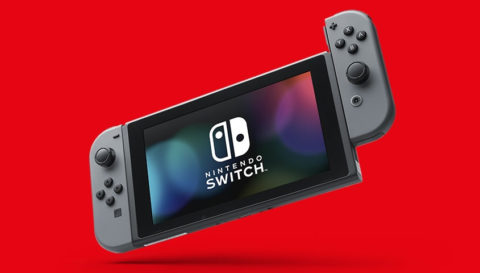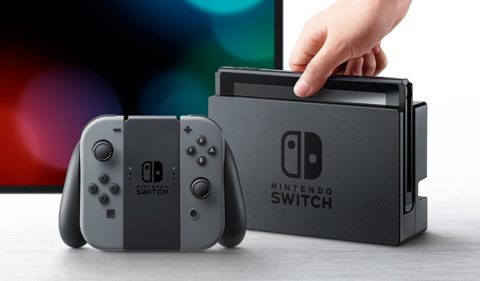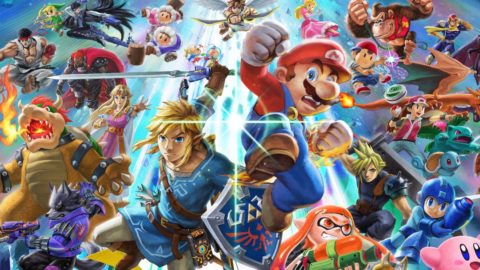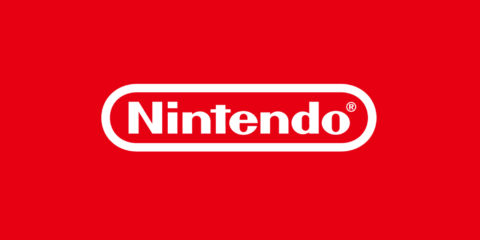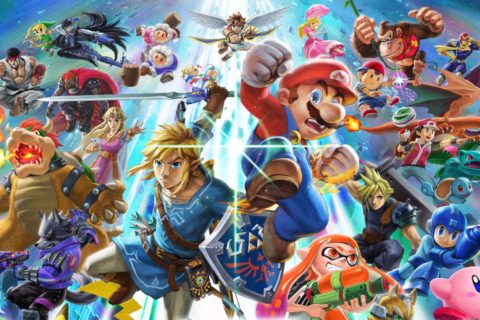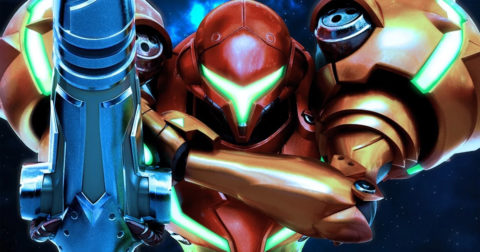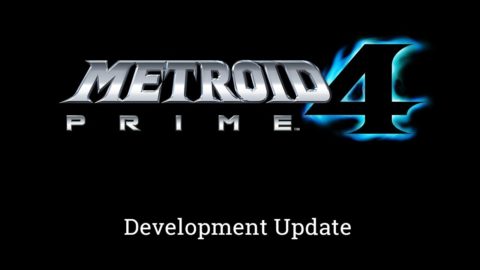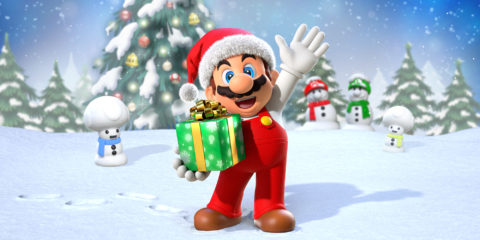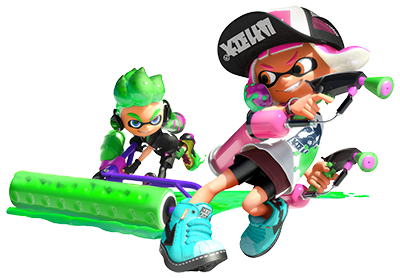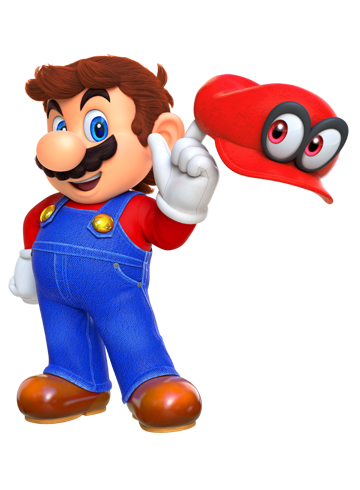Entertainment Station, a Japanese news website, recently interviewed Yusuke Soejima and Park Seong-sa, two Nintendo representatives who are part of Nintendo’s team that works with indie titles. They were asked numerous questions about Nintendo’s indie support, and how the company feels about indie titles in general. Here’s some of what was discussed in their article.
“With Nintendo, how is the difference between indie game and conventional game recognized?”
“Park: On Nintendo platforms, we don’t really differentiate between AAA titles from established firms and indie games. In actuality, they’re lined up as equals in the Nintendo eShop. We don’t specially promote indie games just because they are indie games, and conversely we don’t prioritise them below AAA titles either.”As was mentioned, unlike other platforms, indie games are handled in the same line as major companies titles on the Nintendo Switch eShop. In recent years, being indie in overseas is becoming one brand-like position, and users increasingly playing indie games are also increasing.
“Park: As we manage our projects with indie games, we think it would be great if [indie games] could be [one among numerous] attractive brands. However, in Japan, awareness about indie games is still pretty weak, so first we want to get customers to recognise [this brand of products] and see them as appealing. We don’t want to ‘discriminate’ just because they are indie games.”What do you mean by discriminate?
“Park: For example, if we made a store just for indie games, and customers began to think that only boring games were put there, then in the future you could potentially have a market where just the label of ‘indie game’ causes customers to ignore a product.”So you’re saying that the label of ‘indie game’ could actually work against something?
“Park: While it would be nice if the label of ‘indie game’ always added some kind of value to a product, there is always the possibility that branding something in this way could cause others to ignore it. That’s something we must avoid at all costs, I think.”
Are there titles etc that I’d like to pick up and recommend in the future?
Soejima: Currently Nintendo Switch develops game news that introduces game content, etc. on the release date of each title, but there are customers that find “it is difficult to understand which title is interesting” alone. So we started deploying in the game news section “PLAYER’S VOICE” which introduces titles that are popular according to the questionnaire result of the customer. In the first round, “Overcooked®” which was popular as an indie title is taken up.
Park: We wish to continue about once a month. It is hard to say which titles to recommend as Nintendo, but I hope to introduce popular items from customers.
Sojima: At the end of last year, the ranking of software which had high recommendation degree was also announced at “PLAYER’S VOICE RANKING”, but after the “Legend of Zelda Breath of the Wild” and “Super Mario Odyssey” in the whole Nintendo Switch “Steam World Dig 2” ranked 3rd, “Overcooked®” ranked fourth.
Please tell us about the prospects for the future of Nintendo’s indie games, medium term and long term. What kind of vision do you aim for at the moment?
Soejima: First of all, we just want to get developers on board with developing for our platform when they decide what to develop games for. It’s not really a ‘goal’ per se, but before the Switch really got going, when we would see trailers or posters at events, the platforms that would always be shown at the end were almost always other companies’ machines. There was really nowhere where you would see the 3DS or WiiU supported… It was absolutely a situation where we weren’t even seen as a practical option. It was here that we thought we’d like to have the Switch’s logo up there with the other companies’.
“Park: Fortunately, Nintendo Switch has seen international success, and I think the opportunities for us to be a viable platform have increased. Going forward, we’d like to maintain our momentum, and become a platform developers make content for, from the beginning of development and as a matter of course, alongside the others.”
“Park: Looking at more long-term ideas, it’s not something just the two of us can do on our own, but there’s a cycle we would like to see the entire industry work to support, of indie developers being able to easily produce titles, get a real ROI from them, and then easily move on to the next title, with other (new) developers following their example to enter the industry.”
“Soejima: If a given title sells really well, then it can be recognized as its own IP, and it would be great if such an IP can go on to last in the industry and be accepted by consumers. The entire game industry, not just Nintendo, needs to think about how to increase the number of titles born from the indie game scene. Lastly, I just want to say that while indie games tend to be associated with the digital world, we’ve learned that as a ‘community’, it is actually incredibly analogue. It’s a scene that emphasizes connections between people, and that’s something we want to place importance on as well.”
It really sounds like Nintendo has made quite the commitment towards indie titles being supported on the Switch. For future news on Nintendo and the continuing Nindie program, keep watching NinMobileNews.
